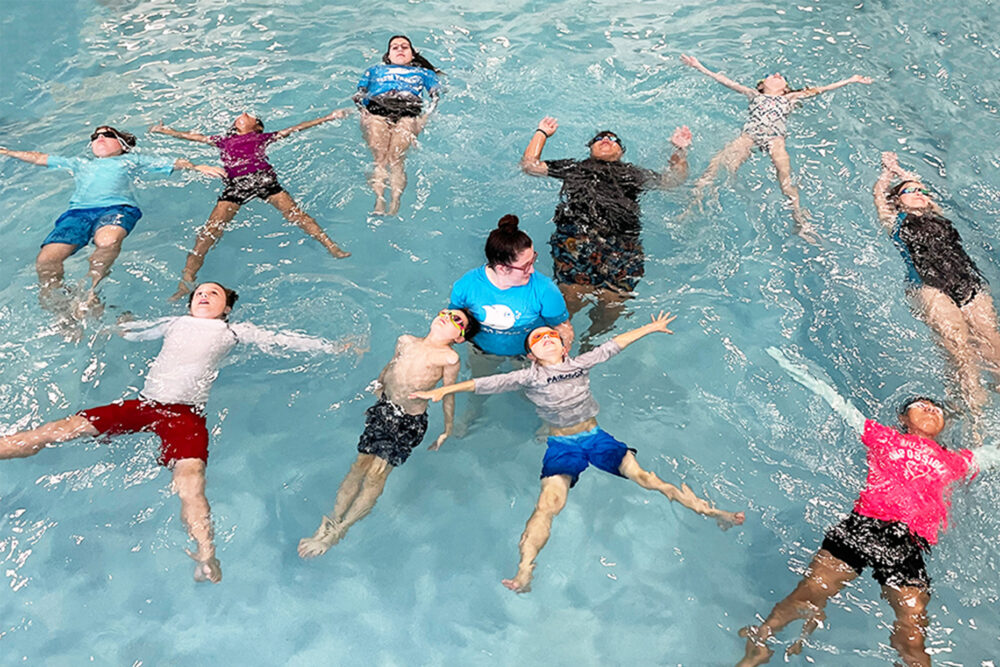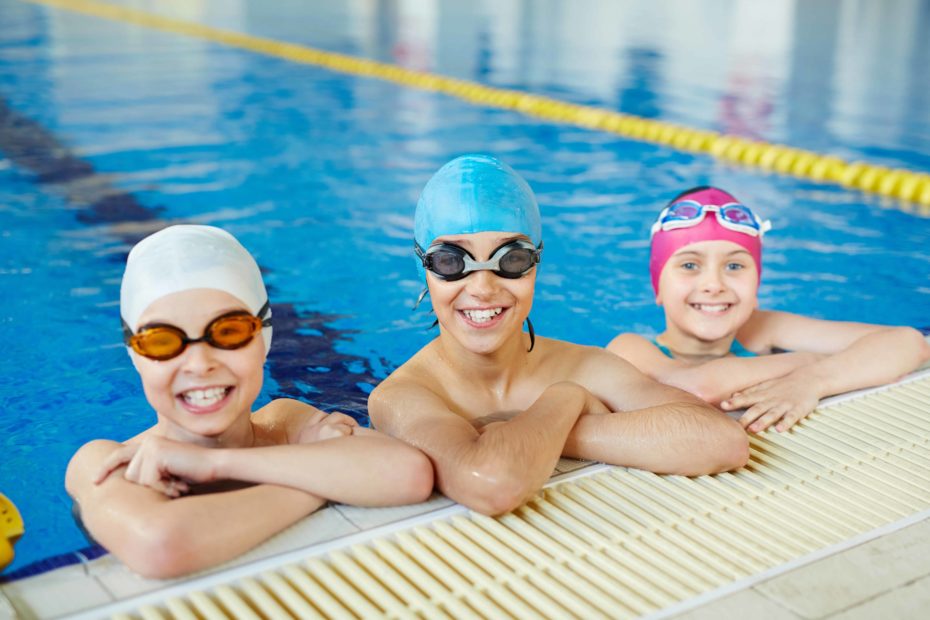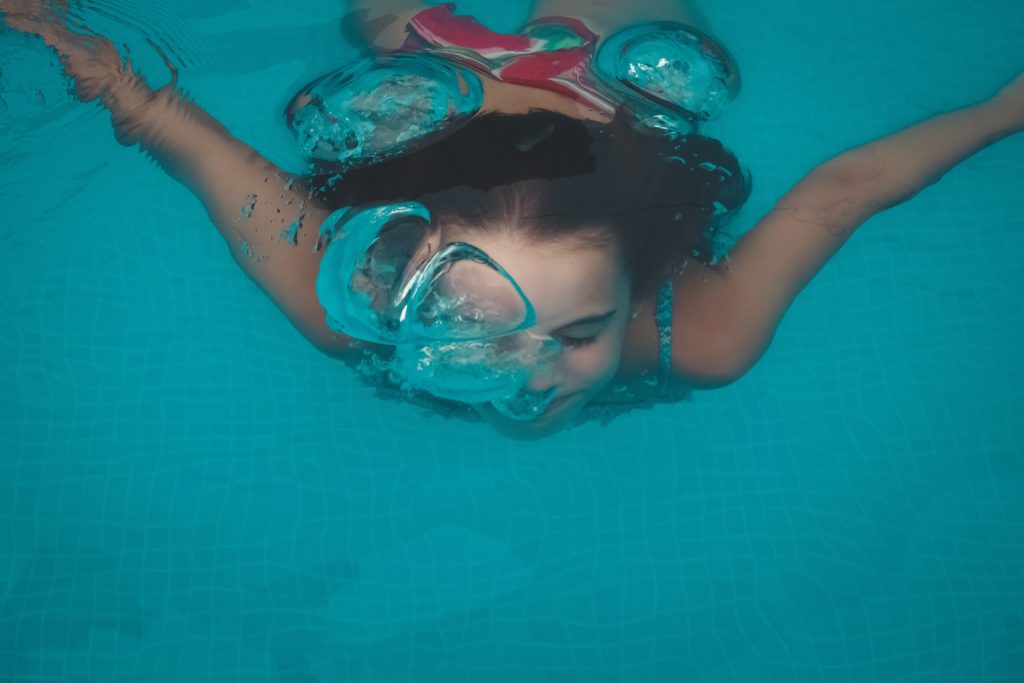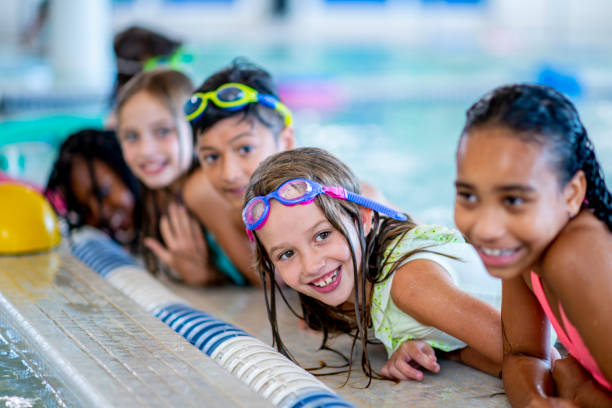2 min read
8 Reasons to Consider Swimming for this Fall’s After School Activity
From horseback riding to music lessons, soccer practice to Lego teams, there are no shortage of options when it comes to after school activities....



Floating is a learned skill that becomes a tool to avoid panicking in an unsafe water situation.
Floating is a low-energy way of being able to breathe in the water. It combats the natural reaction of kicking and fighting unsafe water (due to depth, roughness, or fatigue).
Panicking wears a swimmer out and often causes one to swallow water. Floating, on the other hand, forces the swimmer to stay calm, breathe deep, and relax until help arrives or the swimmer can get to a safer situation.
It is normal for beginners to resist floating—it means letting go of their safeguards. Children often don’t like the feeling of water in their ears at first. Don’t let that deter you from continuing to practice this important skill.
It should be noted that floating is natural for some and challenging for others. Buoyancy in the water is related to body composition (largely bone and muscle mass) which determines the ease with which one can float. However, our experienced instructors can help all swimmers learn floating techniques to master this important skill.
Floating is also an important building block to becoming a strong swimmer. It requires one to be comfortable getting water in their ears and on their face, and it also encourages swimmers to take a horizontal posture which is necessary to learn before working on arm and leg movements for propulsion.
Each lesson at Fish Tails integrates floating practice; it is a crucial component of water safety! You might see your child making the letters X, Y, or I. These floating positions each have a different base of support:
X – widest base for most support
Y – intermediate base
I – narrowest base (the goal we work towards)
Learning to float early will benefit your child’s comfort level in the water and improve their ability to learn the more advanced strokes. Floating gives swimmers confidence in knowing that they can stay above water when necessary. Let us help you or your child gain confidence in the water by mastering the skill of floating – if your child is not currently enrolled, give us a call to get started on Water Safety!

2 min read
From horseback riding to music lessons, soccer practice to Lego teams, there are no shortage of options when it comes to after school activities....

Many often wonder whether or not goggles should be worn during swim lessons. Good points are made for both sides, but at Fish Tails Swim School,...

Many scientific studies have been conducted around swimming. We’ve gathered several of the studies below to encourage you to read through the...

Visit our Water Safety Blog for expert advice, family tips, and more!